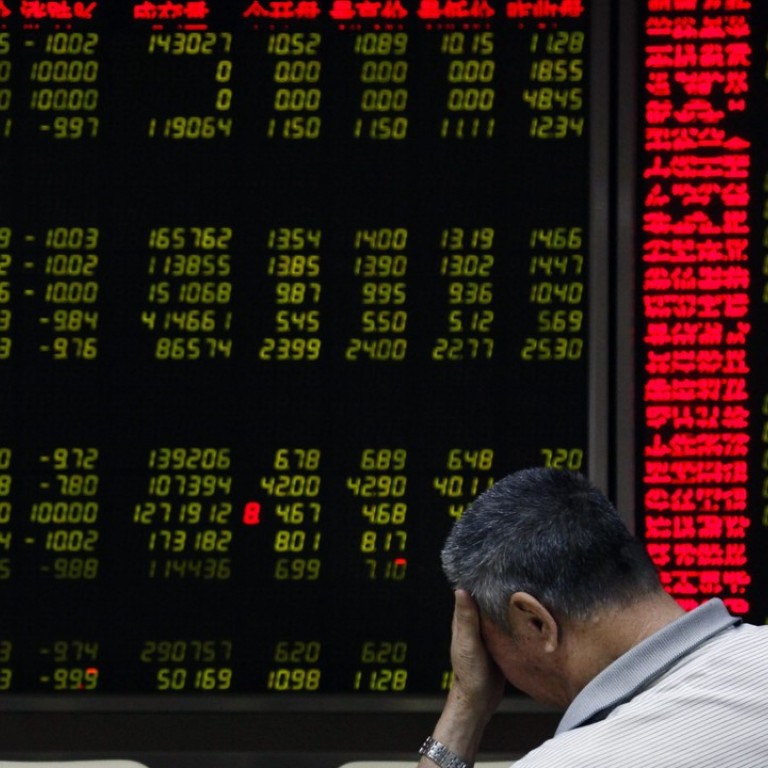
Trillion-dollar hopes in China listings shake-up
Chinese investors can only look on with envy as the US stock market soars and domestic bourse slumps, but move to lure tech giants home may change this
For an American president who uses his country’s soaring stock market as proof of his success, maybe Donald Trump shouldn’t be so harsh on those giants of the online economy. For different reasons, he has singled out Amazon, Apple, Facebook and Google for criticism. But these are the listed companies that have contributed mightily to the decade-old bull market in the United States.
As a mark of their stellar performance, Amazon briefly became the world’s second trillion-dollar company – after Apple – before its share prices slipped back early this month. Alphabet, Google’s parent, is not far behind to be the next trillion-dollar company. They are the star performers of a stock market that has outpaced all other major markets around the world. In fact, it has even run ahead of the US economy. The might of the greenback has only strengthened the outperformance of the American stock market relative to others.
But while the US equity market is an outlier on the upside, China’s is also an exception, but on the downside. Domestic Chinese investors can only look on with envy. America triggered the global financial crisis a decade ago, but it was also the first major economy to recover. China was widely praised at the time for measures to boost its economy, which helped pull the world economy out of the crisis. The Chinese stock market, however, has trailed other major markets and the mainland economy itself. This is despite the yuan being one of the few world currencies to have strengthened modestly against the US dollar. Since 2007, the Shanghai market has dropped 48 per cent in yuan and 45 per cent in US dollars.
Though China has its own successful counterparts to Amazon, Apple, Facebook, Google and others, most are not listed on mainland bourses. Alibaba, which owns the South China Morning Post, and Baidu are listed in the US while Tencent and Xiaomi trade in Hong Kong. Until recently, the outperformance of Tencent had greatly contributed to the Hang Seng Index, but not to the mainland market.
It’s a step forward, though, that mainland regulators have rewritten listing rules this summer in a bid to entice the homecoming of those tech giants. Perhaps China too will, in the foreseeable future, have its own trillion-dollar stock giants, in yuan at least.

